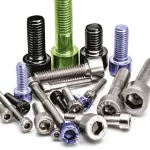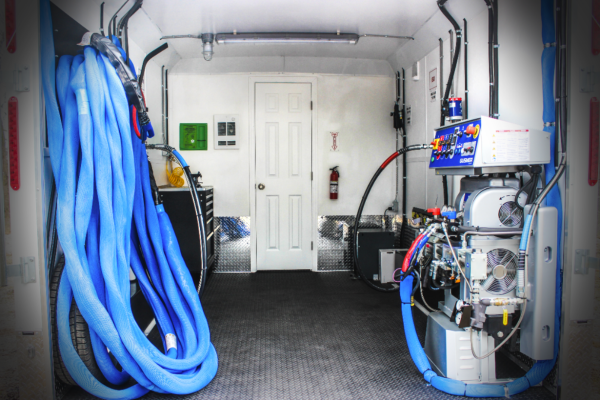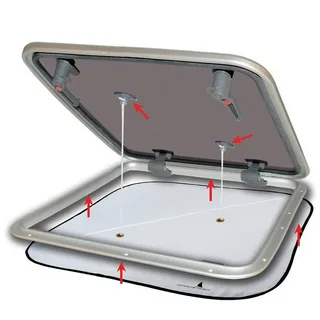Bolts and screws are essential fasteners used in many applications, but knowing when to use bolts and screws can be confusing. This article will help to explain the differences between bolts and screws, and provide guidance on when to use each. By understanding the difference between bolts and screws, you can make sure that you get the right fastener for the job.
Understanding the Difference between Bolts and Screws
Bolts and screws are both used to fasten two or more objects together, but there are some key differences between the two. Bolts are typically used to join two pieces of material together, and they are secured into place with a nut. Screws, on the other hand, are typically used to attach an object to another, and they are secured into place with the use of a threaded hole.
Bolts are generally designed to be used with nuts and washers, while screws are designed to be used with pre-drilled holes. The threads on a bolt are usually coarse, while the threads on a screw are usually fine. Bolts also tend to be longer than screws, which allow them to provide more secure fastening.
When to Use Bolts
Bolts are the best choice for applications that require a secure fastening and need to be able to handle large amounts of force. Bolts can be used in applications that require a large amount of weight to be held in place, such as in construction projects or in heavy machinery. Additionally, bolts are ideal for applications that require a large amount of tension, such as in suspension systems.
Bolts are also the best choice for applications that require a lot of strength, such as in machinery or in heavy machinery. Bolts can also be used in applications that require a high degree of vibration resistance, such as in engines. Bolts are also the best choice for applications that require a high degree of corrosion resistance, such as in outdoor applications.
When to Use Screws
Screws are the best choice for applications that require a more secure fastening but don’t require as much strength as bolts. Screws are ideal for applications that require a smaller amount of weight to be held in place, such as in furniture or in light fixtures. Additionally, screws are ideal for applications that require a smaller amount of tension, such as in electronics.
Screws are also the best choice for applications that require a smaller amount of strength, such as in woodworking or in furniture. Screws can also be used in applications that require a high degree of vibration resistance, such as in electronics. Screws are also the best choice for applications that require a high degree of corrosion resistance, such as in indoor applications.
When it comes to fastening two or more objects together, it is important to understand the differences between bolts and screws and to know when to use each. Bolts are the best choice for applications that require a secure fastening and need to be able to handle large amounts of force, while screws are the best choice for applications that require a more secure fastening but don’t require as much strength as bolts. There are a variety of different types of bolts and screws available, each with its own set of advantages and disadvantages. Understanding when to use bolts and screws is essential for ensuring that you get the right fastener for the job. You can contact RCF Bolt & Nut for more information.











